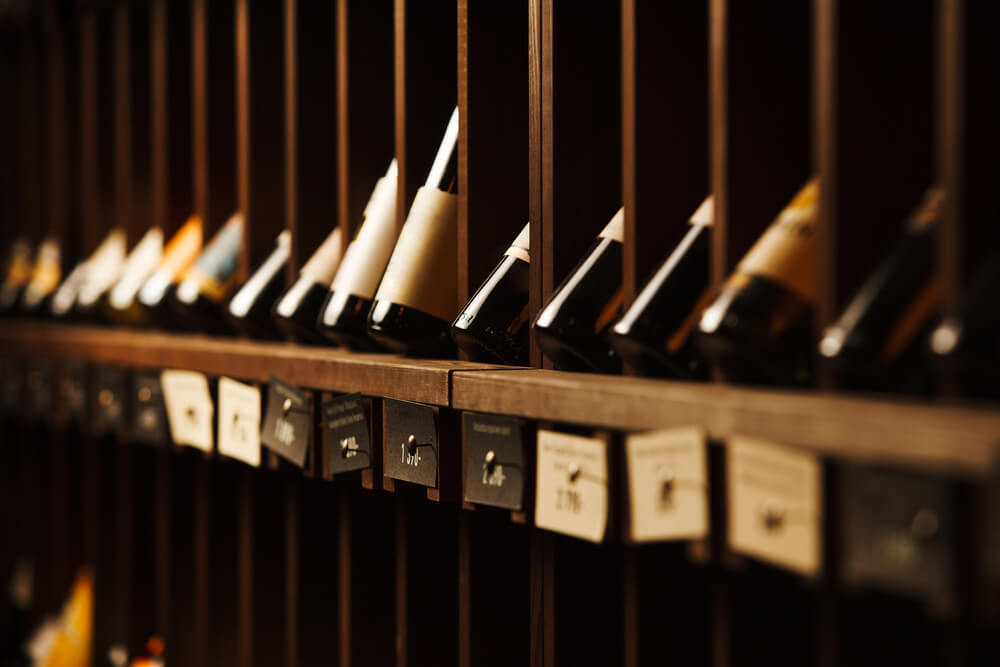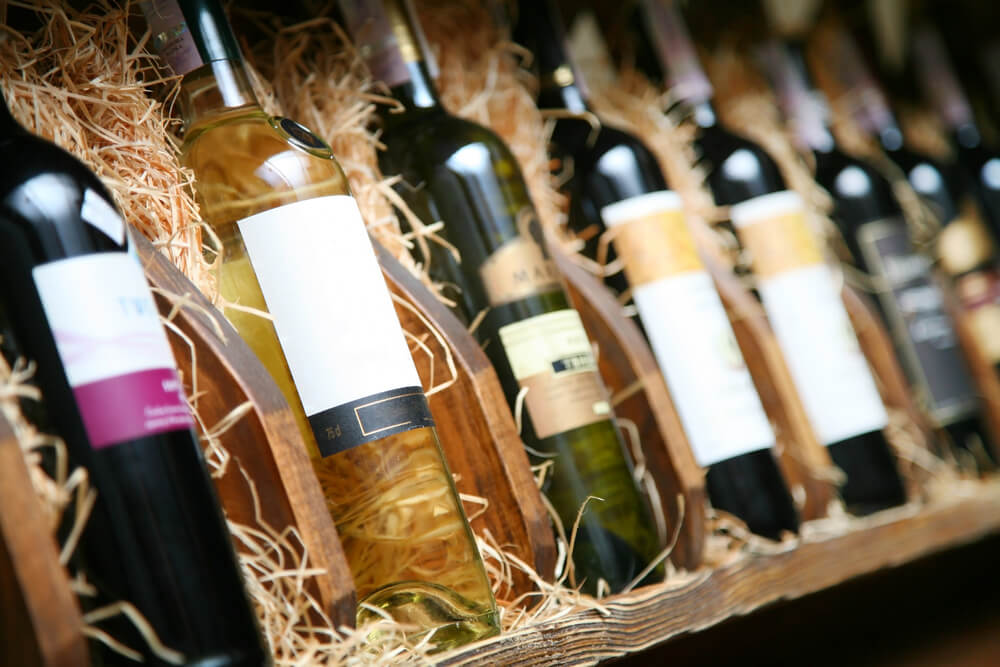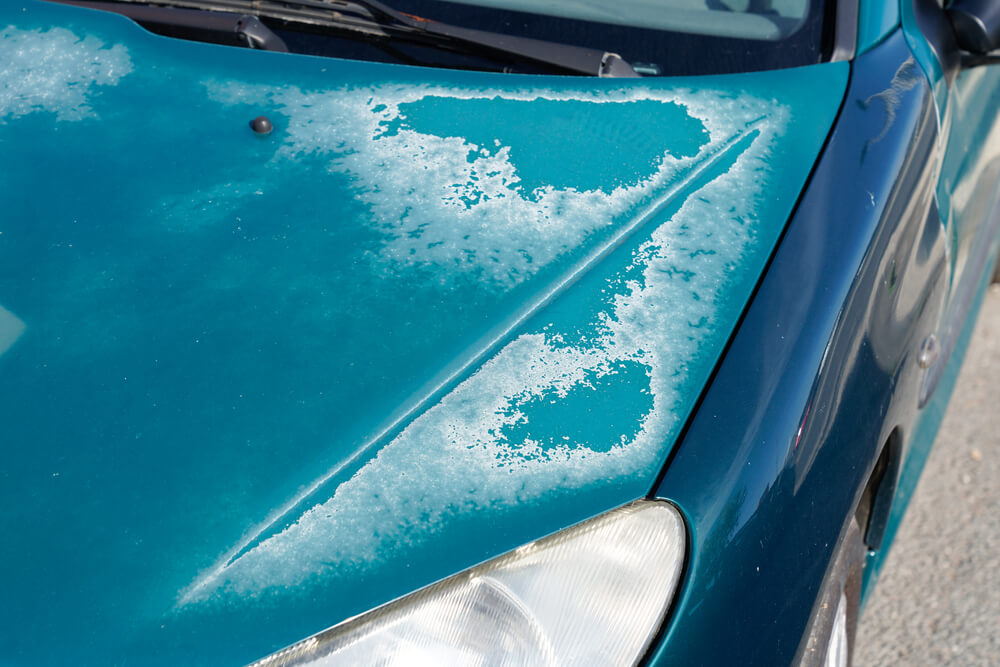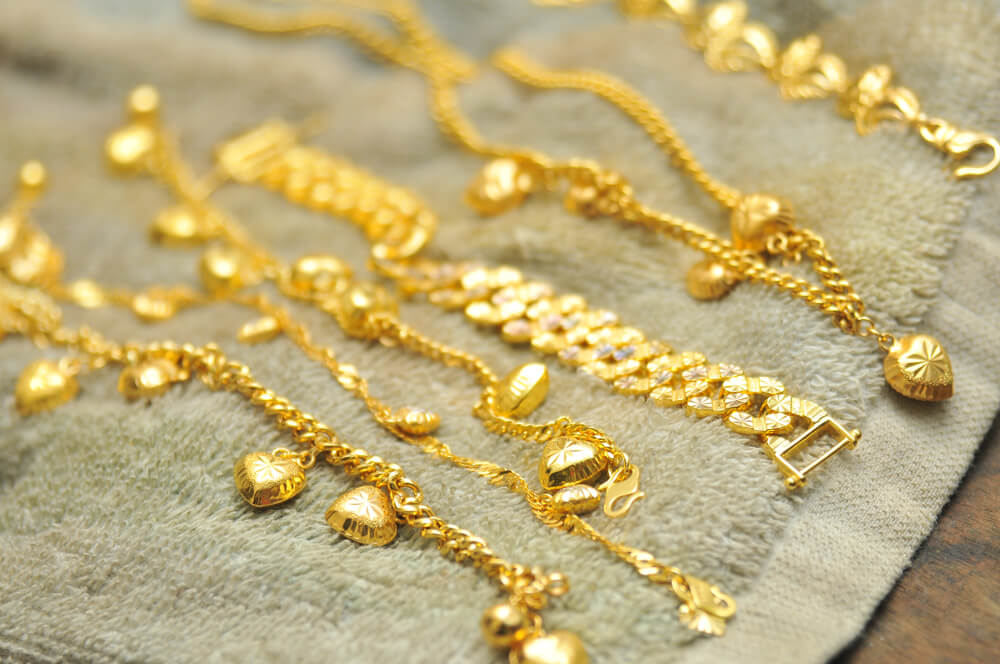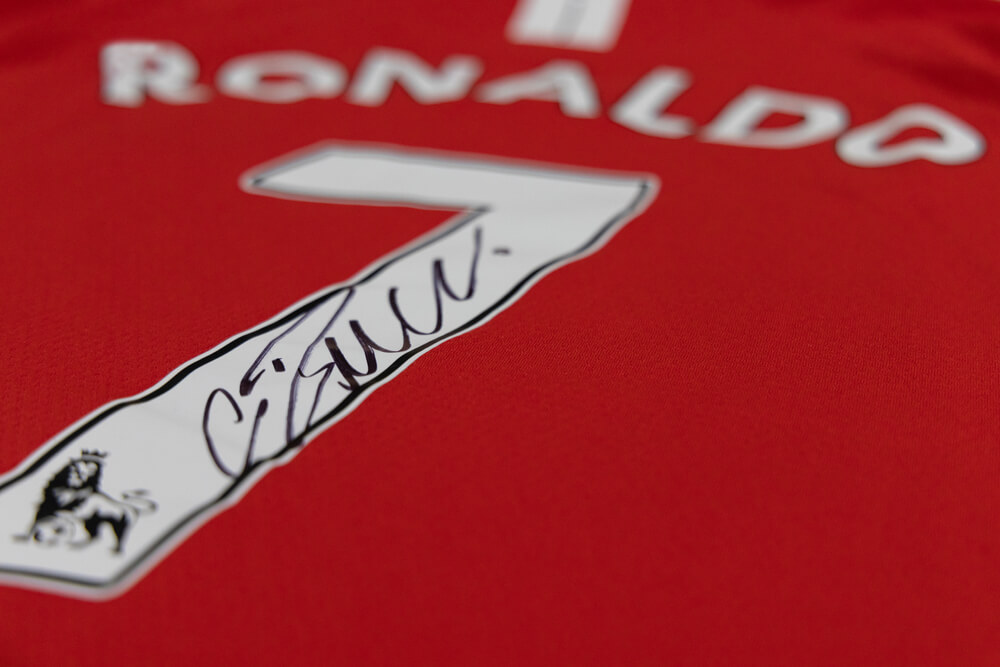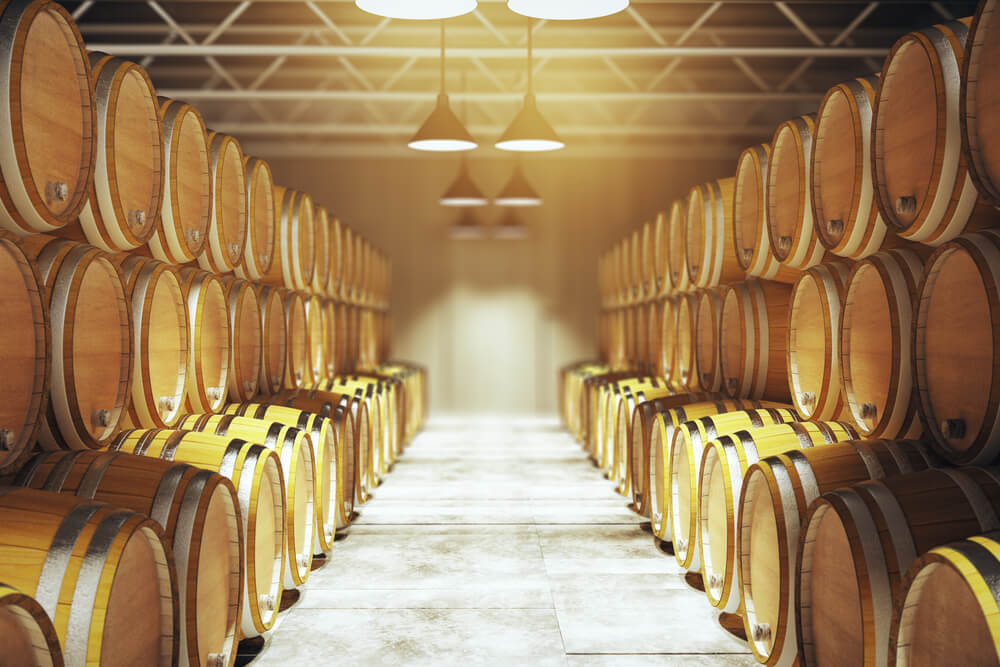How to Take Care of Your Wine Collection
There are multiple benefits of collecting and preserving wine. For example, the aging process enhances the taste of wine. An aged wine qualifies as a rare collection that can fetch a higher return on your investment in the future.
Even so, like other assets, wineries face risks. Some common risks include theft, fire, vandalism, floods, and data breaches. A collection of expensive bottles like J.S Terrantez Madeira or Domaine Leroy Chambertin Grand Cru deserves utmost care and protection.
Insurance for wineries and distilleries is a solid contingency plan to minimize loss or liability when disaster strikes.
Below is some information about how to take care of your wine collection. To discuss coverage, please reach out to trusted wine insurance providers today.
Proper Storage Will Preserve Your Prized Collection
Before you make a storage plan, it's essential to evaluate a few things.
- What type of wine do you intend to store?
- How will the storage assimilate with home interior decor?
- The volume of the wine and the expected storage duration
It’s recommendable to store wine in a cellar or electric wine cooler with fiberglass insulation. Fiberglass cases have insulation that provides optimum temperatures and enhanced protection against mold or damage.
Below are additional storage tips.
- Store wine at optimum temperatures between 45-65˚ F and 70% humidity.
- Store the wine in a dark, dry place to preserve its great taste
- Minimize exposure to sunlight, fluorescent, or incandescent light
- Design the winery away from areas that could generate heat, e.g., kitchen or laundry room.
Document Your Wine Collection
Keeping a record of your wine collection is an additional step in protecting your investment. Therefore, file purchase receipts, seller details, auction catalog, and detailed descriptions. In addition, keep photos of wine bottles, vintage descriptions, and other unique details.
Moreover, maintain an updated inventory that captures the number of bottles, location, and descriptions. Lastly, request a professional appraisal to capture the current value of your collection.
Categorize Your Storage Space
An organized cellar is less confusing and highly efficient whether you have a small or an extensive wine collection. Remember, not all wines are meant to age, so they risk expiring.
Therefore, to improve management, categorize cellars by brand, color, price, region, type, and variety. Most wine collectors prefer cataloging wine by region as each locality has similar characteristics and closely matching flavors.
Insure Your Wine Collection
Having an uninsured wine collection could prove a costly misstep. Remember, standard home insurance doesn’t cover wine perils like floods, power outages, breakage, or uneven cooling owing to humidity changes.
You’ll need a wine collection cover to protect against theft or burglary, damage caused by sewer, accidental breakage, lost or misplaced bottles, and damaged labels by natural disasters. Ultimately, insuring your wine collection is a crucial step that complements the regular care and storage practices.
Try Our Wineries and Distillery Insurance Services Today
A disaster can quickly destroy your prized wine collection. It’s therefore prudent to plan for unforeseen risks with an experienced insurance broker for wineries and distilleries. FACE Insurance has responsive and flexible plans for your collection. Contact us online or call us at 916.721.2845 to learn more.
